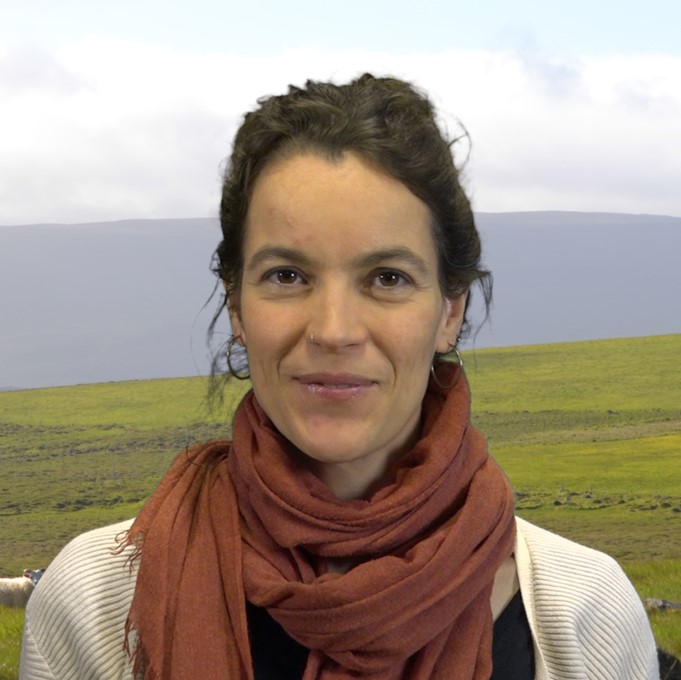
Isabel C Barrio
Isabel is an Associate Professor at the Agricultural University of Iceland where she teaches a course in Rangeland Ecology and Management. Her research focuses on the ecological impacts of sheep grazing in Iceland.
You will have to come to Iceland, or join this course, to see how sheep grazing can be just as strong of a driving force for landscapes as volcanoes and glaciers.
Land use without adequate management can drive environmental degradation. The aim of this short course is to raise awareness of the environmental risks associated with inadequate management of natural resources. Grazing management is a common problem in many regions of the world, and this course uses Iceland as a case study because here traditional sheep grazing has been associated with extensive environmental degradation. We examine the sustainability of sheep grazing in Iceland and explore how history, socioeconomic factors and environmental conditions have influenced the management of grazing resources. The development of sustainable management practices needs to take into account ecological, as well as economic and social aspects. A better understanding of the consequences of these practices and how their impacts vary under different environmental conditions will improve management decisions and increase the sustainability of management practices in the face of ongoing environmental changes.
In this course you will learn:
• The cultural, historical and economic relevance of sheep grazing in Iceland
• Current issues, initiatives and approaches to sheep grazing management in Iceland
• Basic ecological principles that drive sheep grazing systems, their complexity and dynamics

Isabel is an Associate Professor at the Agricultural University of Iceland where she teaches a course in Rangeland Ecology and Management. Her research focuses on the ecological impacts of sheep grazing in Iceland.
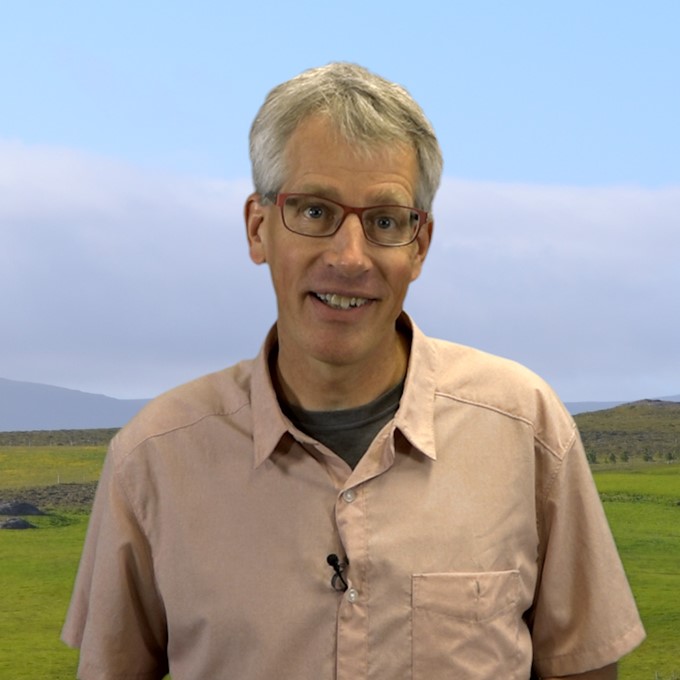
David is a Professor of Ecology at Simon Fraser University, Canada. He has been studying plant-herbivore interactions in the North for several decades, including snow geese in La Pérouse Bay and collared pikas in the Yukon.
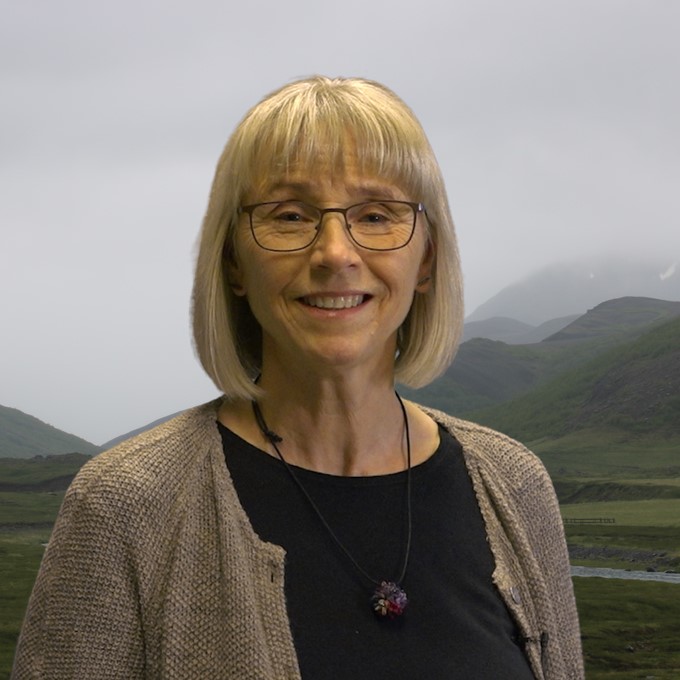
Ingibjörg Svala is a Professor of Ecology at the University of Iceland. Her research addresses how ongoing environmental changes will affect tundra ecosystems, from the sub-arctic in Iceland to the High Arctic in Svalbard.
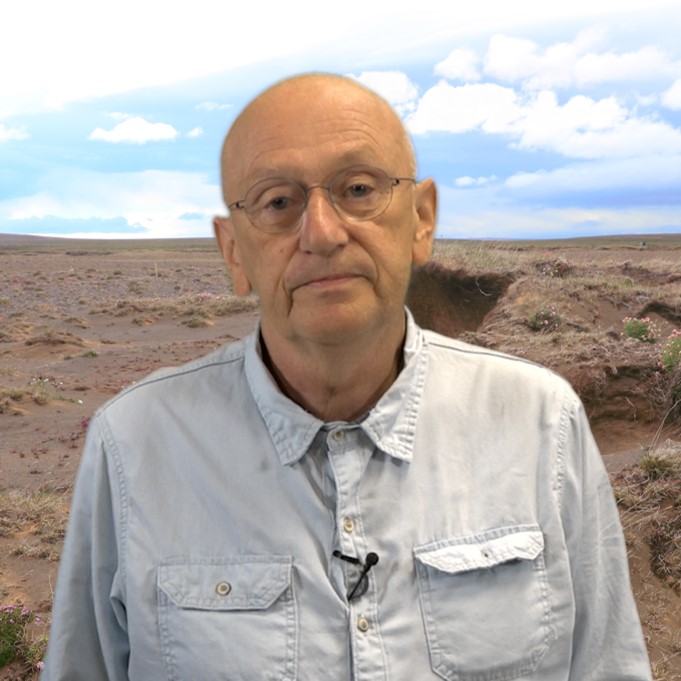
Ólafur is a soil scientist and Professor at the Agricultural University of Iceland. His work on soil erosion, dust storms and desertification in Iceland emphasize the need to protect a vital resource for life on Earth: soils.
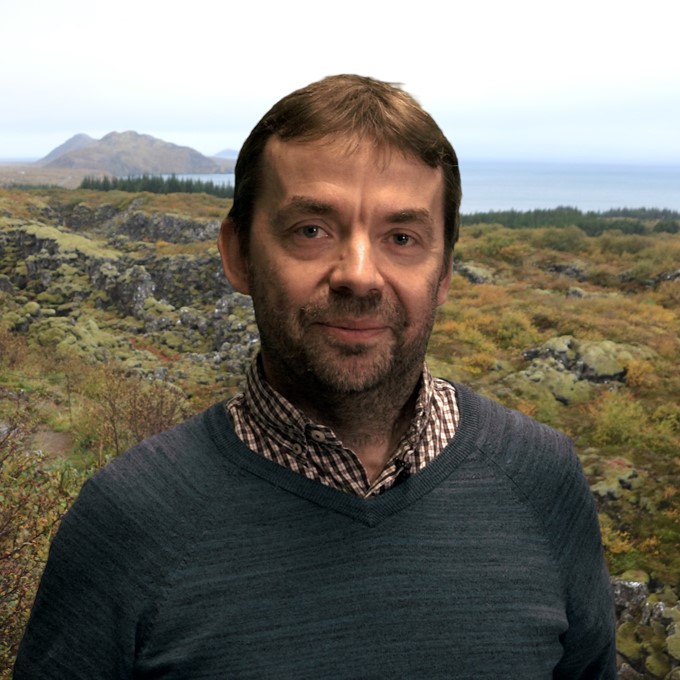
Egill is a Professor at the University of Iceland. He is a palaeoecologist and thanks to his work we know better what the landscapes of Iceland looked like in the past, before humans (and sheep) arrived.
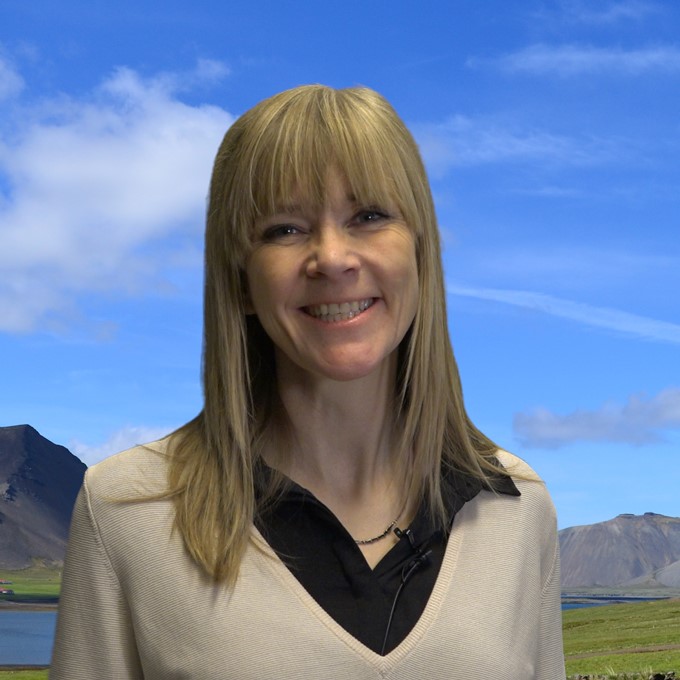
Þórunn is a restoration ecologist working for the Soil Conservation Service of Iceland. Her research deals with the implementation of participatory approaches in Iceland and how to evaluate the socioecological effects of restoring natural capital of degraded ecosystems.
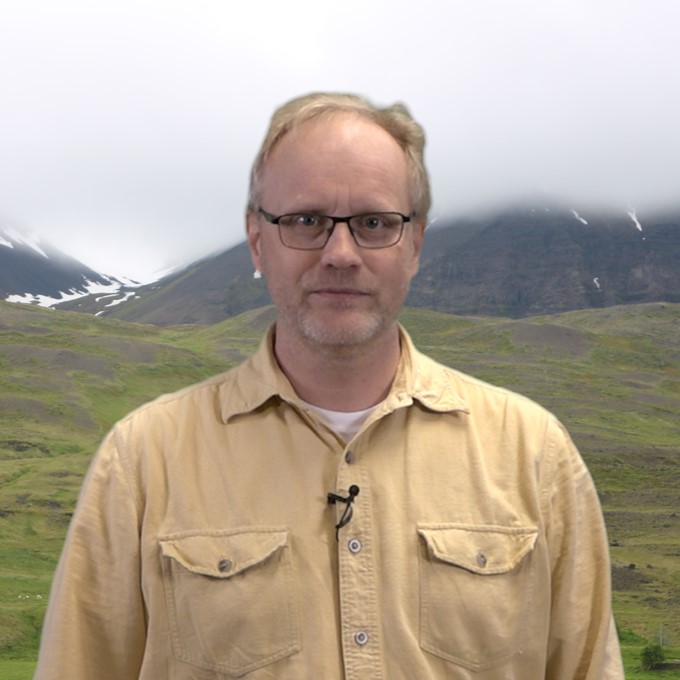
Jóhann is a senior research scientist and project manager at the Soil Conservation Service of Iceland. Johann’s research interests include land degradation processes, land use issues, land management and land condition monitoring.
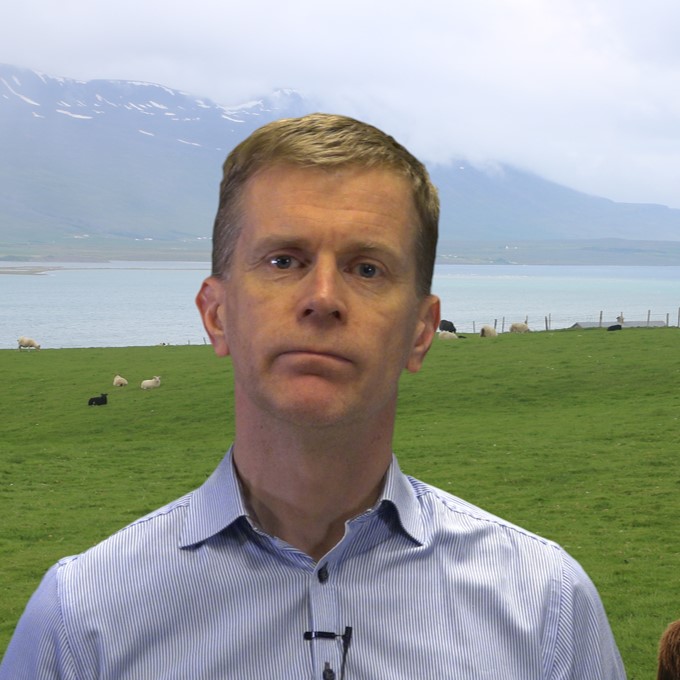
Björn works at the Ministry for Environment and Natural Resources, where he is responsible for issues in the field of sustainable land management, including forestry, soil conservation and ecosystem restoration.
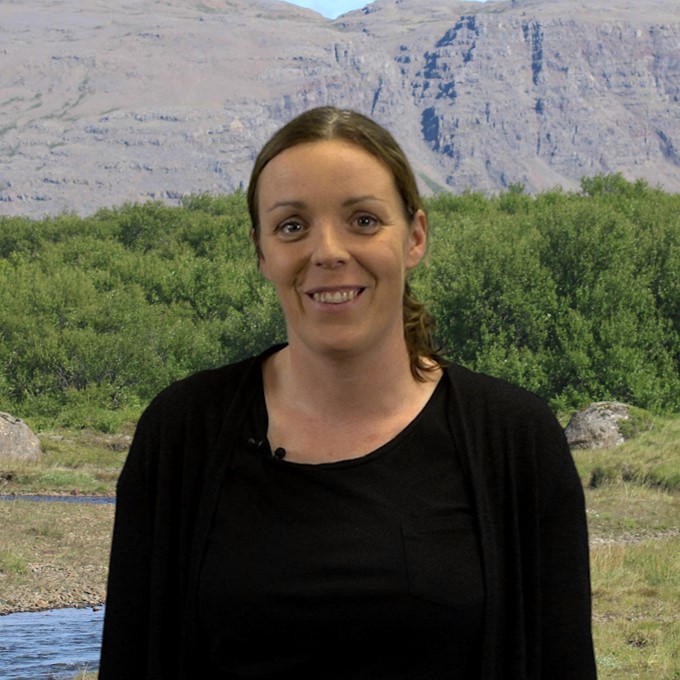
Bryndís works at the Soil Conservation Service of Iceland, where she is coordinating GróLind, a pioneering monitoring program for sustainable management of grazing resources in Iceland.

Tara is a MSc student at Simon Fraser University and the Agricultural University of Iceland. She spends her summers in the highland rangelands of Iceland looking at the combined effect of fertilizers and grazing on vegetation.
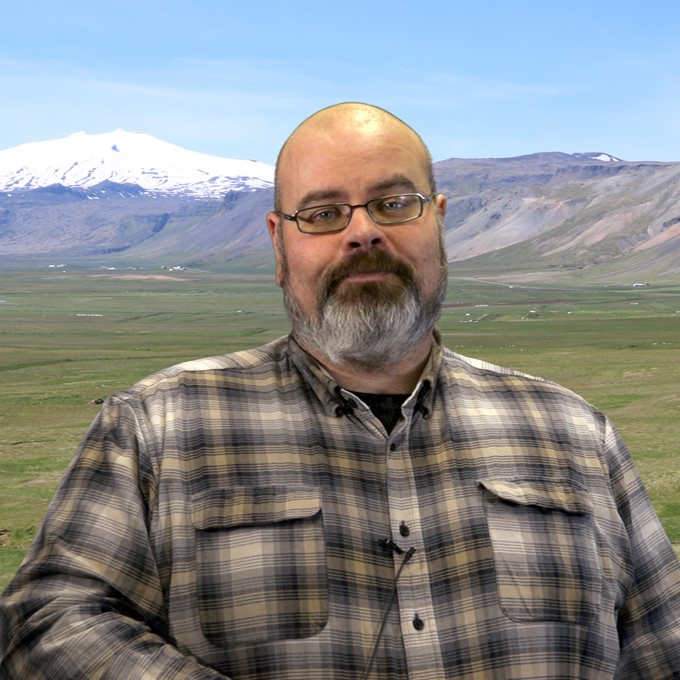
Unnsteinn is the director of the Sheep Farmers’ Association of Iceland and is a sheep farmer himself. He has a background as a farm technician and has worked for the National Farmers' Association and the Agricultural Advisory Council.
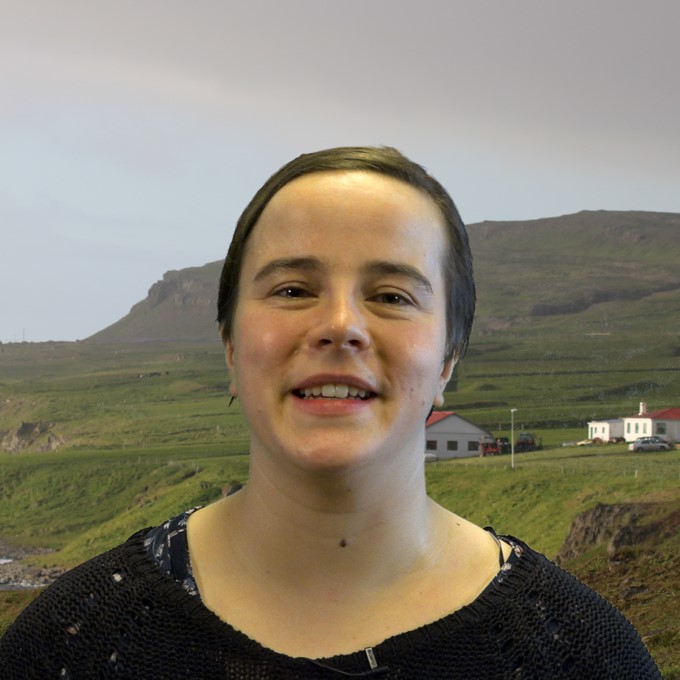
Anja is a sheep farmer and student at the Agricultural University of Iceland. She is from Germany but she has been living in Iceland for more than 10 years, and she has a very interesting perspective about the sustainability of sheep grazing in Iceland.